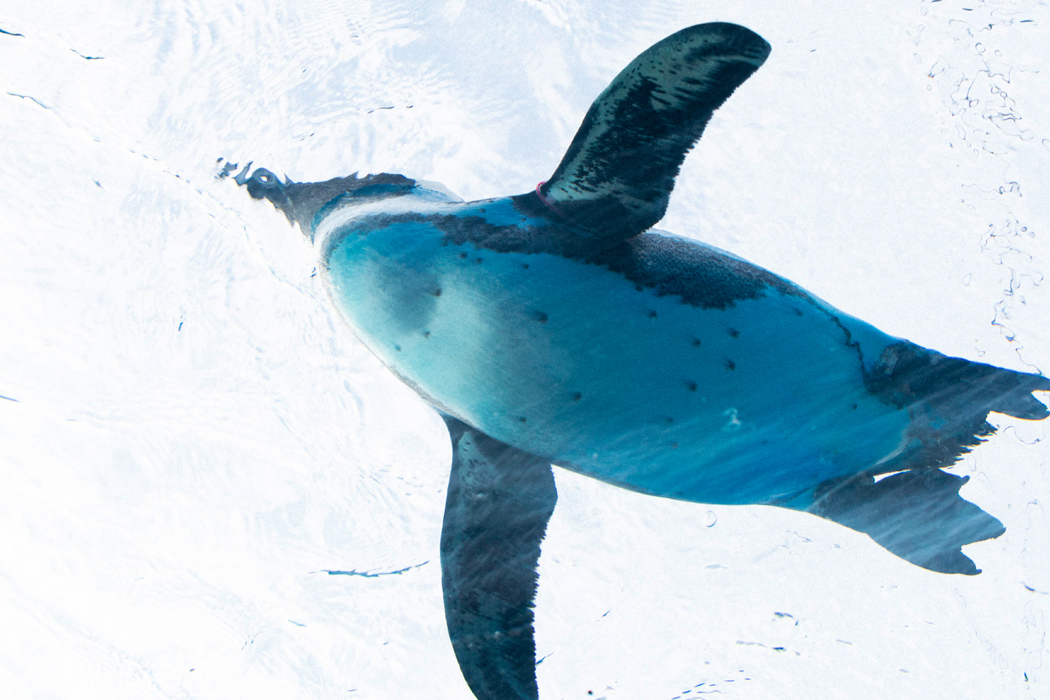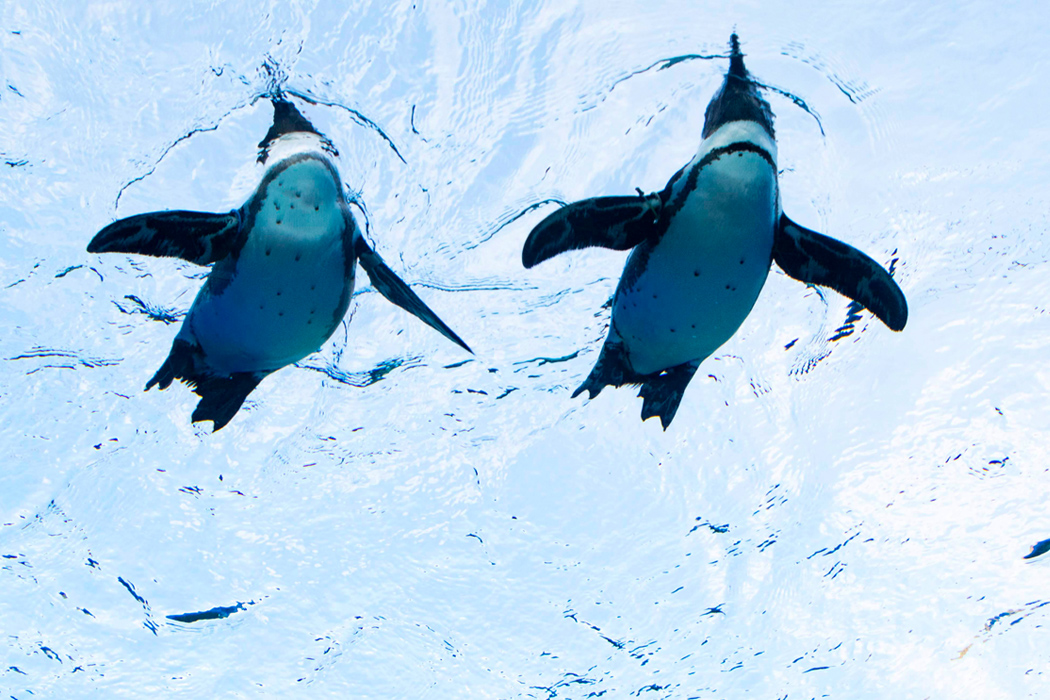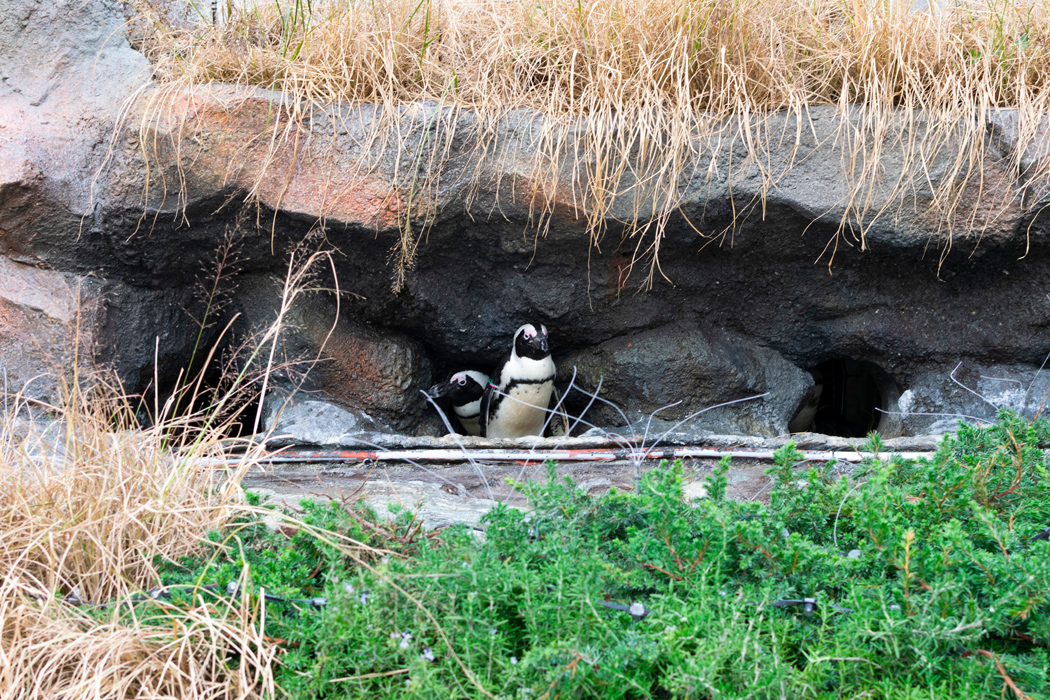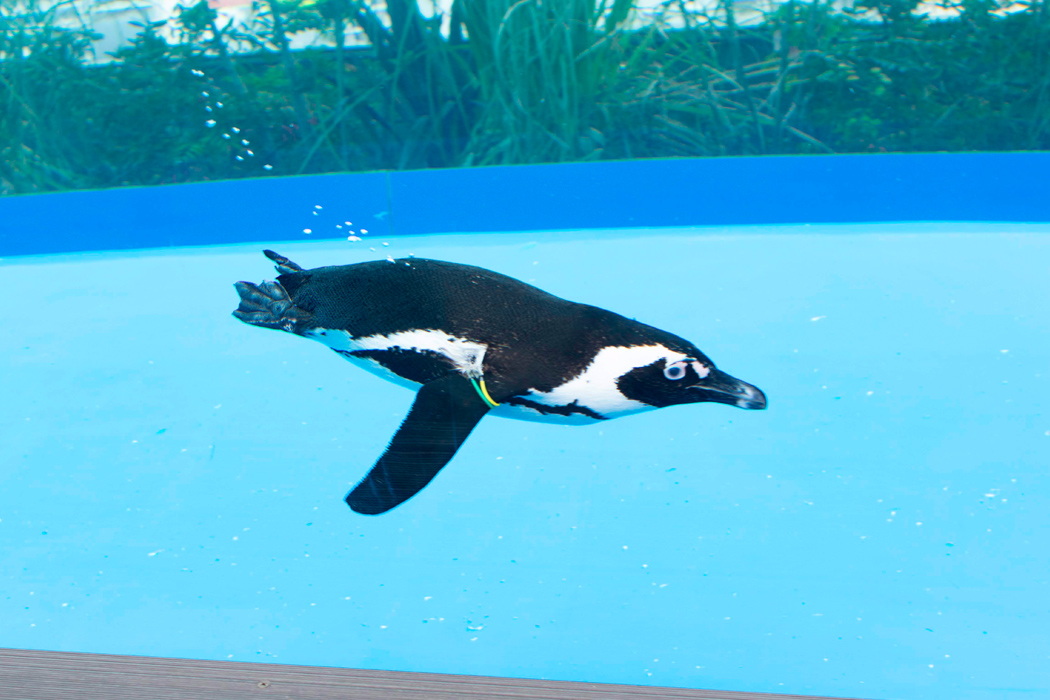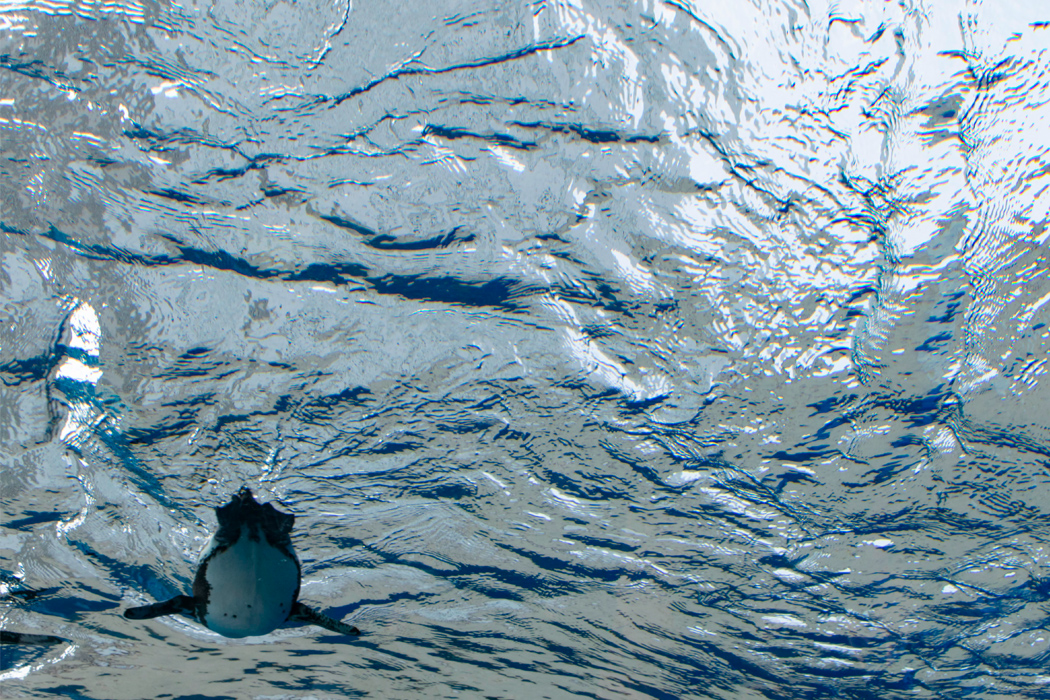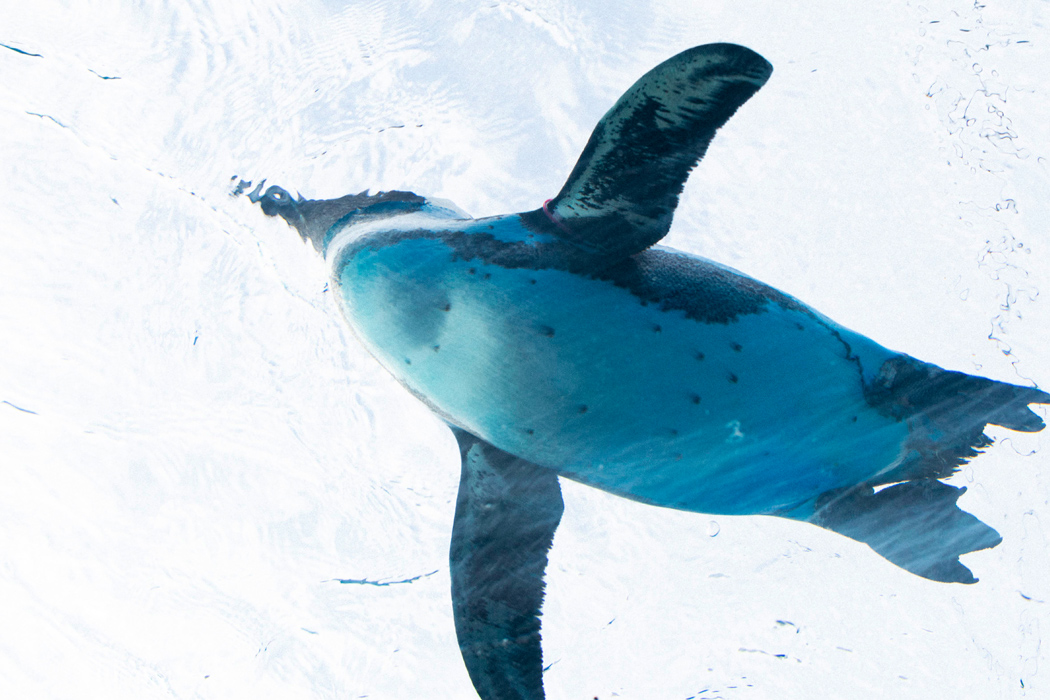
African penguin
Can dive close to 100m.
| Scientific name | Spheniscus demersus |
| English name | African penguin |
| Japanese name | --- |
| Classification | Aves |
| Classification details | Sphenisciformes Spheniscidae |
| Full length | about 70cm |
| Distribution | Namibia, South Africa |
Characteristics
A penguin that inhabits the coast of South Africa. It is characterized by a black line under the chin and a gray pattern on the beak. It can be distinguished from the similar Humboldt Penguin by the white part of its chest. Marine pollution from oil and crude oil has killed many African penguins. He also met the party of Vasco da Gama and is said to be the first penguin described in history in 1499.
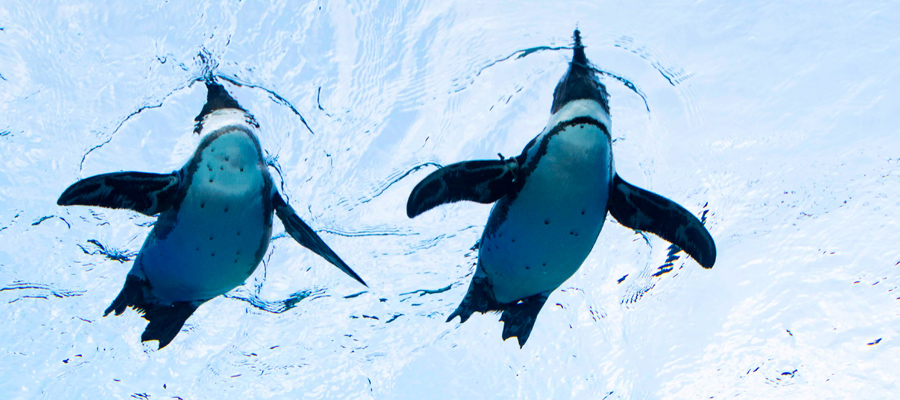
Ecology
It is sedentary and returns to its homeland from afar. It feeds on fish and crustaceans such as anchovies near its habitat. They build their nests by digging holes near the coast. Eggs are laid all year round, but the peak is from winter to spring.
For about 40 days after hatching, they are protected by their parent birds. They leave the nest around 70 to 100 days after birth and spend a year in the sea.
Habitat
You can see "flying penguins" at the Sunshine Aquarium in Ikebukuro. When the time comes, you can listen to the keeper's explanation. The sight of them jumping for food one after another is impressive. Depending on the time of year, juvenile birds may also be present.
The appearance of walking on land next to the aquarium area is also cute.
Pictures
Introducing a picture of African penguin.

Picture book

Gurnard
Spread blue-green pectoral fins.......ead more.
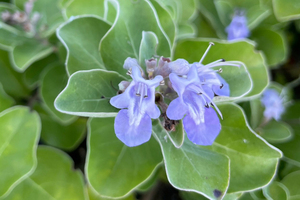
Vitex rotundifolia
Light purple flowers bloom on the coast.......ead more.
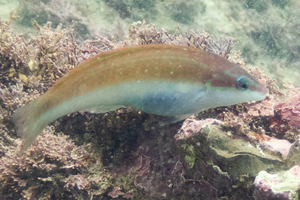
Motleystripe rainbowfish
changes sex from female to male.......ead more.

Japanese white stork
A large bird with a long, sharp beak.......ead more.

Japanese grasshopper
a locust whose wings are longer than its legs.......ead more.
